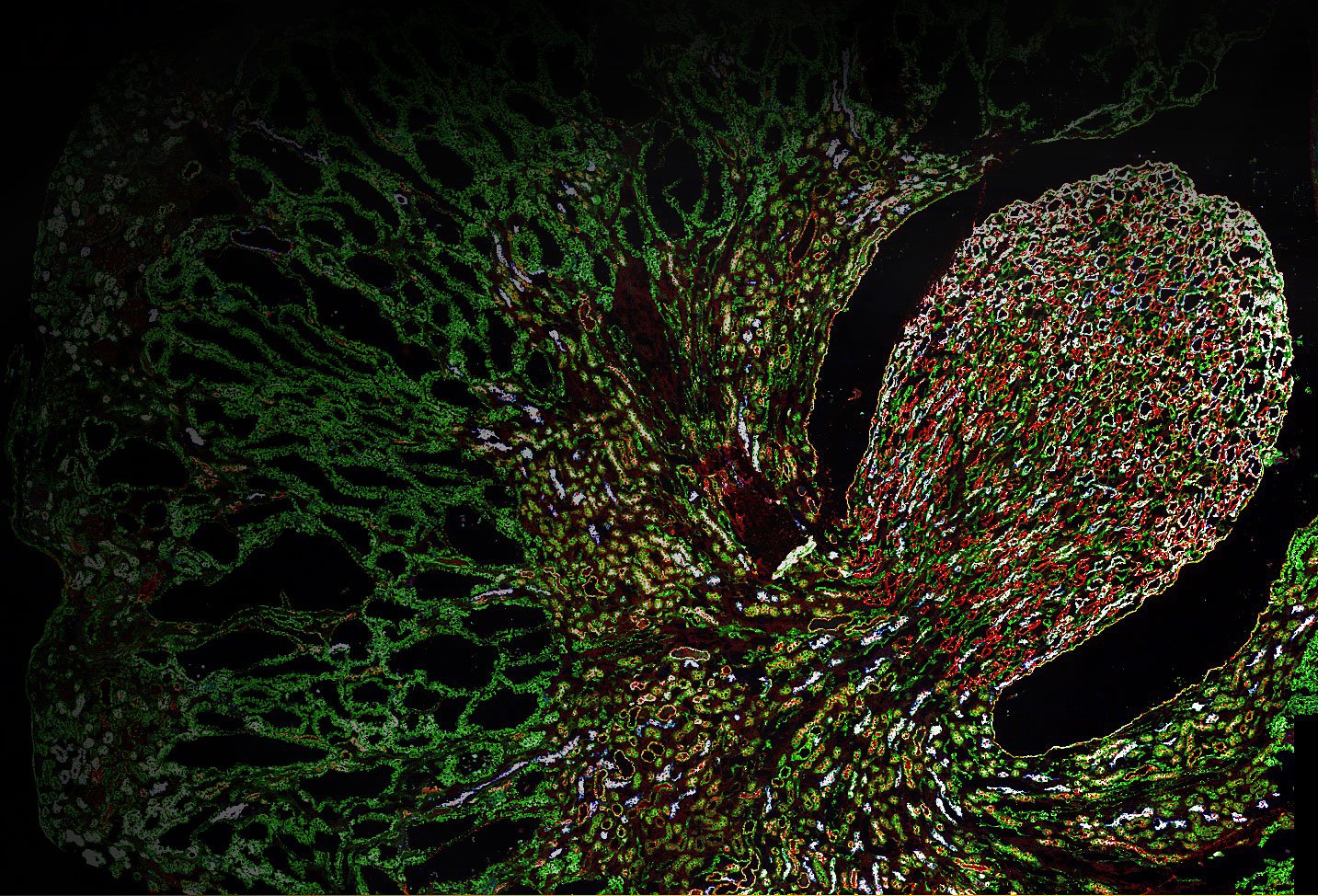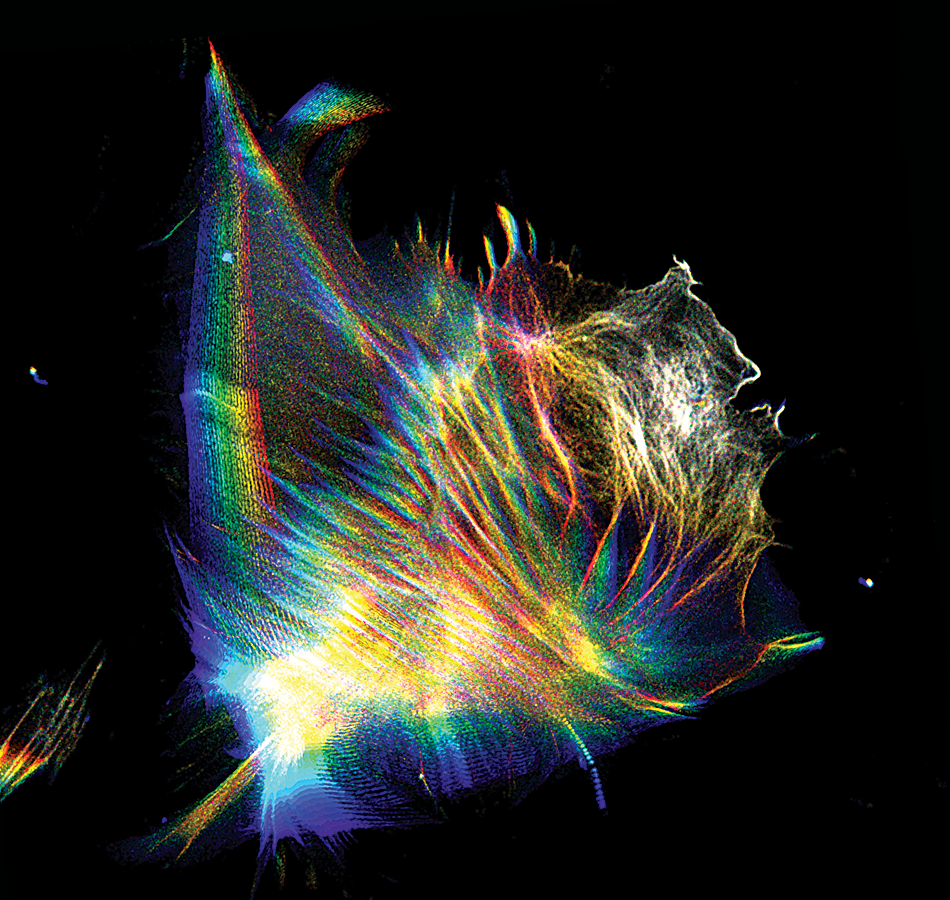
RESEARCH
The mission of our lab is to dissect fundamental mechanisms of cellular homeostasis with a focus on membrane proteins which account for a third of the human proteome and mediate functions essential for the survival of all organisms, from bacteria to humans.
Our curiosity-driven investigations are founded on the premise that pathogenic mutations disrupt key cellular processes, and reveal pathways central to human physiology and disease. Specifically we focus on pathways involving membrane proteins that are disrupted in genetically-defined kidney, metabolic and degenerative diseases.
Our curiosity-driven team has made exciting discoveries
Guided by genetic mutations associated with the Rac1 pathway in a subset of kidney diseases, we uncovered a Rac1-TRPC5 feed-forward loop linking TRPC5 ion channel activity to cellular injury. Based on our discoveries, TRPC5 inhibitors are showing promising results in clinical trials.
Motivated to dissect the mechanisms by which mutations in the MUC1 gene lead to disease, we uncovered a cargo receptor pathway that handles the trafficking and degradation of misfolded membrane and secretory proteins. Targeting this pathway has led to exciting preclinical outcomes with therapeutic implications for many proteinopathies.
We are currently asking the following key questions
What are the fundamental mechanisms that regulate the trafficking and degradation of membrane protein cargoes?
How does cellular exposure
to specific lipids affect
membrane proteins and
intracellular signaling?
How can we harness
next-generation technologies
to probe disrupted
homeostasis?
LAB PROJECTS
We are dissecting the roles of cargo receptors in protein trafficking and degradation.
A study from our lab revealed that TMEDs handle several misfolded membrane and secretory protein cargoes including mucin 1, uromodulin and rhodopsin. This work now extends beyond proteinopathies and offers a glimpse into fundamental principles of protein trafficking and how core components of the TMED cargo receptor system handle diverse cargoes. We are now probing key questions about the principles of TMED selectivity, the precise mechanism by which this system’s cellular components interact, and approaches to relieve stress when pathological conditions arise.
We are investigating the effects of the lipid environment on cellular pathways.
A systematic approach to define cell states after exposure to specific lipids may ultimately uncover molecular targets that reflect the convergence of genetic and environmental risk for a host of human metabolic and degenerative diseases. Work in this area stems from our long-standing interest in membrane biology and ion channels. We are now interrogating diverse cellular pathways triggered by altered lipid biology.
We are harnessing modern tools to gain meaningful biological insights.
With collaborations in the Harvard / MIT ecosystem and across the globe, we pilot new approaches to investigate cellular mechanisms in health and disease.





